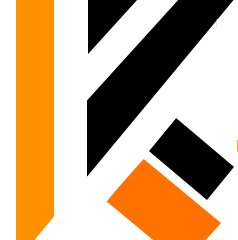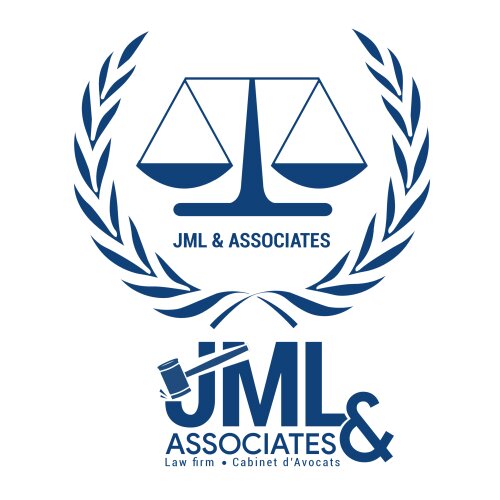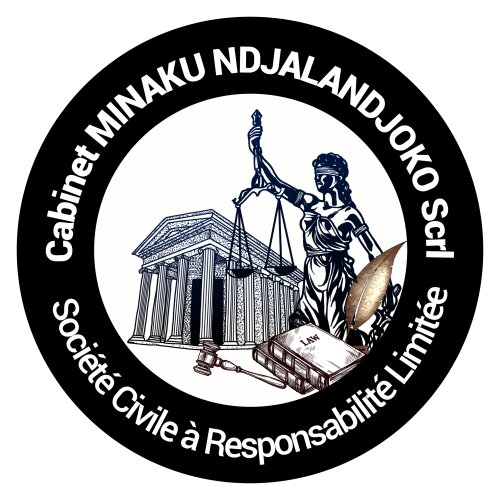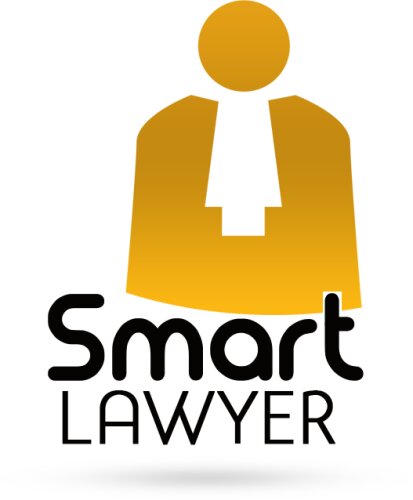Best Restructuring & Insolvency Lawyers in Kinshasa
Share your needs with us, get contacted by law firms.
Free. Takes 2 min.
List of the best lawyers in Kinshasa, DR Congo
About Restructuring & Insolvency Law in Kinshasa, DR Congo
Restructuring and insolvency law in Kinshasa, DR Congo addresses the legal processes that occur when companies or individuals are facing financial difficulties and are unable to pay their debts. Its primary purpose is to provide guidance and a framework for the orderly handling of debts, asset distribution, and potential business rescue or liquidation. The laws balance the interests of debtors who seek relief from overwhelming financial obligations and creditors who wish to recover money owed to them. In Kinshasa, restructuring and insolvency are regulated by both national Congolese laws and the OHADA Uniform Act on Insolvency Procedures, aiming to foster economic stability and protect the rights of all parties involved.
Why You May Need a Lawyer
There are many situations where seeking legal advice from a restructuring and insolvency lawyer in Kinshasa can be critical. You may need a lawyer if you are a business owner who cannot meet your debt obligations, or if you are an individual facing unmanageable debts and creditor claims. Lawyers are also vital for creditors seeking to recover assets or safeguard their interests during insolvency proceedings. Common scenarios include negotiating with creditors, developing a rescue or restructuring plan, filing for bankruptcy, contesting claims, or navigating the impacts of judicial liquidation. Legal experts can provide strategic advice, ensure compliance with complex procedural requirements, and represent you in court if necessary.
Local Laws Overview
Restructuring and insolvency in Kinshasa, DR Congo are primarily governed by the OHADA Uniform Act on Insolvency Procedures, which applies across OHADA member states, including DR Congo. This legal framework sets out the rules for various proceedings, such as preventive settlements (règlement préventif), legal redress (redressement judiciaire), and judicial liquidation (liquidation judiciaire). The process typically begins with a declaration of insolvency, followed by an assessment of the debtor's assets and liabilities. The court may appoint a trustee to manage the process, oversee asset sales, and negotiate with creditors. OHADA law emphasizes opportunities for business rescue where possible but facilitates the winding up of businesses that cannot be saved. The procedures provide protections for both debtors and creditors, but strict timelines and documentation requirements apply, making legal guidance crucial for compliance and protection of rights.
Frequently Asked Questions
What is the difference between restructuring and insolvency?
Restructuring involves reorganizing a company’s debts and operations to restore financial stability and avoid insolvency. Insolvency, on the other hand, is a state where a person or company can no longer pay their debts as they become due and may lead to formal court proceedings such as liquidation.
What are the main types of insolvency procedures in Kinshasa?
The main procedures are preventive settlement (aimed at avoiding insolvency), judicial redress (intended to rescue the business and repay creditors), and judicial liquidation (orderly winding up of the business and distribution of assets).
Can individuals as well as companies go through insolvency in DR Congo?
Yes, both individuals and companies can be subject to insolvency procedures, though the majority of cases typically involve businesses.
Who can initiate insolvency proceedings?
Insolvency proceedings can be initiated by the debtor, one or more creditors, or in some cases, by the public prosecutor or other authorities.
How long does the insolvency process take?
The duration depends on the complexity of the case, the size of the business, and the specific procedure used. Some cases resolve in a few months, while others may take years.
What happens to employees during a restructuring or insolvency process?
Employees’ rights are protected under Congolese law. Preference is typically given to unpaid wages, and employees may have the right to termination payments or continued employment depending on the outcome of the process.
Will all assets be sold in a liquidation?
In liquidation, non-exempt assets are generally sold to repay creditors. Some personal assets may be protected by law, but business assets are usually liquidated unless a rescue plan is approved.
Can a company continue operating during insolvency proceedings?
Yes, particularly during preventive settlement and judicial redress procedures, the company may continue to operate under certain conditions and court oversight in an attempt to recover.
What are the consequences for company directors?
Directors have specific duties during insolvency to act in the best interests of creditors. Failure to comply can result in legal penalties, including personal financial liability or disqualification.
What documents are needed to start insolvency proceedings?
Typically, you need financial statements, a list of creditors and assets, relevant contracts, and evidence of insolvency or financial distress. A lawyer can guide you on exact documentation required.
Additional Resources
To assist individuals and businesses with restructuring and insolvency matters, several resources are available in Kinshasa and DR Congo:
- Court of Kinshasa (Tribunal de Commerce) - Handles formal insolvency proceedings and disputes
- OHADA National Commission - Provides guidance on OHADA Uniform Act implementation
- Ministry of Justice, DR Congo - Offers general information on legal procedures and access to public records
- Professional Associations of Lawyers and Accountants in Kinshasa - Can recommend specialized professionals in insolvency law
- Chamber of Commerce and Industry of Kinshasa - Resources for struggling businesses, mediation, and advice
Next Steps
If you believe you are facing financial distress or if you need advice on restructuring or insolvency in Kinshasa, consider taking these steps:
- Gather all relevant financial documents and information about your assets, liabilities, and contractual obligations.
- Reach out to a qualified restructuring and insolvency lawyer who knows the local laws and procedures.
- Consult with business advisors or accountants to fully assess your financial situation.
- Act promptly - Delays can reduce your available options and may have legal consequences.
- Understand your rights and obligations by asking specific questions during your legal consultation.
Professional legal assistance is important to navigate the complex rules and protect your interests. By seeking advice early, you put yourself in the best position to resolve your financial challenges effectively and in accordance with DR Congo's legal framework.
Lawzana helps you find the best lawyers and law firms in Kinshasa through a curated and pre-screened list of qualified legal professionals. Our platform offers rankings and detailed profiles of attorneys and law firms, allowing you to compare based on practice areas, including Restructuring & Insolvency, experience, and client feedback.
Each profile includes a description of the firm's areas of practice, client reviews, team members and partners, year of establishment, spoken languages, office locations, contact information, social media presence, and any published articles or resources. Most firms on our platform speak English and are experienced in both local and international legal matters.
Get a quote from top-rated law firms in Kinshasa, DR Congo — quickly, securely, and without unnecessary hassle.
Disclaimer:
The information provided on this page is for general informational purposes only and does not constitute legal advice. While we strive to ensure the accuracy and relevance of the content, legal information may change over time, and interpretations of the law can vary. You should always consult with a qualified legal professional for advice specific to your situation.
We disclaim all liability for actions taken or not taken based on the content of this page. If you believe any information is incorrect or outdated, please contact us, and we will review and update it where appropriate.














